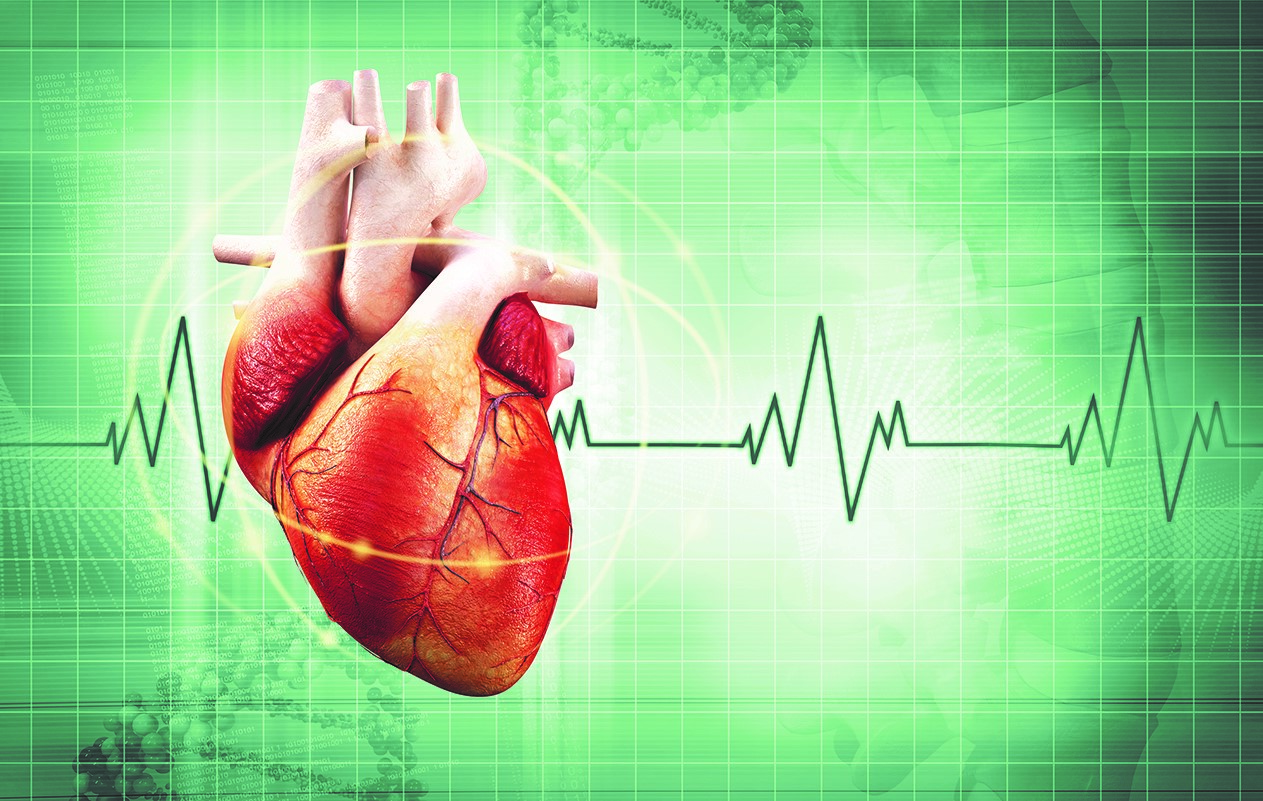September is Afib Awareness Month!
By Annette Pinder
A fully functional heart is like a well-oiled machine. However, various conditions can affect the heart and its ability to function at peak capacity. Individuals with an irregular heartbeat, also known as arrhythmia, may experience atrial fibrillation, a common condition known as Afib.
Vijay Iyer, M.D. PhD of Kaleida Health and UBMD, explains, “The human heart beats 60 to 100 times per minute on average, which equates to between 86,400 and 144,000 beats per day. Over the course of a lifetime, an individual’s heart may beat more than two billion times!”
When the heart is working properly, it pumps blood to the body with a normal heart rhythm. The two upper chambers of the heart (atria) contract, followed by the two lower chambers (ventricles). When timed perfectly, the beats are pumping blood efficiently. The electrical impulse that guides the heart’s pumping action, located in the sinoatrial (SA) node in the right atrium, causes the left and right atria to contract and force blood into the ventricles. Afterward, the electrical impulse travels into the atrioventricular node (AN) located near the middle of the heart. However, during Afib, the SA node doesn’t direct the electrical rhythm, and many other impulses may fire at once. This causes the atria to beat irregularly and quiver, beat chaotically, and not in coordination with the ventricles.”
“When the heart rate in atrial fibrillation is well controlled, it is not life threatening, but Afib can cause shortness of breath, light-headedness, and increase the risk of heart-related complications,” says Dr. Iyer. He adds, “Afib may also lead to blood clots due to stagnant blood in the left upper chamber of the heart. Should a clot break off and enter the bloodstream, it could lodge in an artery leading to the brain, resulting in stroke. Roughly 15 to 20 percent of people who have strokes have Afib, which is why many people with this type of arrythmia are placed on blood thinners.”
Atrial fibrillation can be cured in some patients with a procedure called ablation. There are alternatives to blood thinners available to people who suffer from Afib, including new clinical trials using medications and/or devices, according to Dr. Iyer. This includes the highly effective Watchman and Amulet devices.
It is important to be aware of Afib symptoms, which can include extreme fatigue; irregular heartbeat; chest pain; light-headedness; rapid fluttering or pounding heart palpitations; and/or shortness of breath. People at a higher risk for Afib include seniors and those diagnosed with obesity, high blood pressure, diabetes, and/or hyperthyroidism. Smoking and moderate to heavy alcohol use also increase the risk for Afib. People who suspect they have Afib should contact their physicians immediately.
Vijay Iyer, MD, PhD is Director of the Complex Valve Clinic at Buffalo General Medical Center, and Director of Structural Heart Interventions at Gates Vascular Institute (GVI) and BGMC, where he performs transcatheter aortic valve replacements, mitral clip procedures, left atrial appendage occlusion, atrial and ventricular septal defect closure, and percutaneous paravalvular leak closures. He also cares for patients by performing routine diagnostic coronary angiograms and percutaneous coronary interventions (PCI)/angioplasty. To make an appointment to see Dr. Iyer call 716-859-5600.












